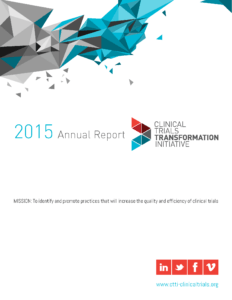Speaker
Bruce Neal, MB ChB, PhD, FRCP, FAHA, FAHMS
Executive Director, George Institute Australia
Professor of Medicine, UNSW Sydney
Honorary Professor, Sydney Medical School, University of Sydney
Professor of Clinical Epidemiology, Imperial College London
Topic
Effect of Salt Substitution on Cardiovascular Events and Death
Keywords
Cluster randomized trial; Salt substitute; Stroke; Cardiovascular disease; SSaSS
Key Points
- The SSaSS study is a pragmatic, cluster randomized trial on the effects of salt substitutes versus regular salt on stroke, major adverse cardiovascular events, and mortality.
- The SSaSS study followed almost 21,000 people in 600 village clusters over 5 years. At the end of the 5 year study, 92% of the intervention group was still using salt substitute and 6% of control started using salt substitute.
- Data from the study show evidence of lower blood pressure, lower risk of stroke, lower risk of major adverse cardiovascular events, and protection against premature death with no evidence of harm.
- There was no evidence of any increased risk of hyperkalemia.
Discussion Themes
Successful recruitment approaches in this large, long-term trial required extensive engagement and networking with local health workers and community leaders.
Salt substitute as a method to lower stroke and cardiovascular risk is attractive because it looks and tastes the same as salt, and doesn’t ask people to change their behavior.
The use of salt substitutes to decrease the intake of discretionary sodium, the salt used in home cooking or sprinkled on food after cooking, may have more effect in developing countries. Developed countries consume processed and packaged foods more often and have less discretionary sodium intake. In developed countries, it may be necessary to encourage food manufacturers to decrease sodium and increase potassium in the processed and packaged foods they produce.
Many millions of lives could benefit from the effects of salt substitute if this could be implemented in developing countries around the world.
Read more about Dr. Neal’s work with the SSaSS study.
Tags
#pctGR, @Collaboratory1



